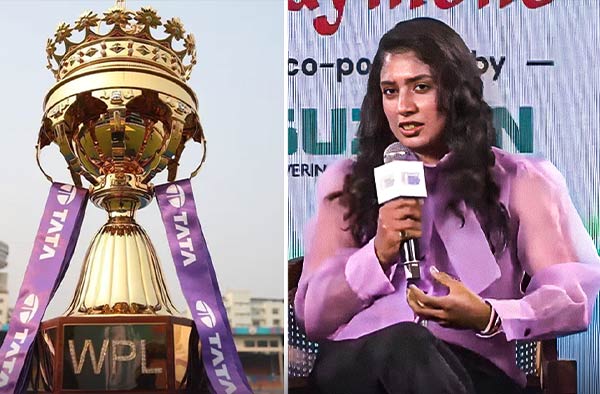Women’s sports, especially cricket, are undergoing a transformative rise in global stature and economic clout, reshaping perceptions and forging new opportunities for athletes worldwide.
With global revenue touching $1.88 billion in 2024 and projected to reach $2.35 billion by next year, the landscape is being powered by inspirational role models, specific investments, such as the Women’s Premier League (WPL), and a tangible conviction that women’s sport is an area full of unrealized potential.

The shift in perception started when young fanbases, both girls and boys, began following women athletes whose stories resonated deeply. As Sanjog Gupta, ICC CEO, stated during a recent event, “Heroes…caught the imagination of young girls and boys because they had inspirational stories.” This surge of authentic role models is vital in driving enthusiasm among aspiring athletes and broad audiences alike.
Key financial commitments have propelled visibility and credibility. The WPL—remarkably only three seasons old—has set benchmarks by luring substantial media rights, valued at ₹951 crore ($116 million). “A classic example of attracting private investment towards a purpose is the WPL,” said Gupta. This amount of funding not only draws attention to the league but also establishes a standard for women’s sports worldwide.
While women’s cricket has always been a compelling product, it was overlooked due to inadequate marketing and poor visibility. Mithali Raj, a former India captain, reflected on the contrast between the 2005 and 2017 World Cups: while the former largely went unnoticed, the latter, being televised, “helped the sport grow leaps and bounds, and helped the profile of the sport, the profile of the players.”
The WPL’s success echoes far beyond its own boundaries. Mithali Raj sees its impact firsthand, noting, “It is one of those very important milestones for women’s cricket in India…For many from humble backgrounds, it’s such a proud moment for their family, and financial security, apart from the career option that they get.”
Raj’s engagement with young athletes underscores these shifts, as most now aspire to play in the WPL—a remarkable testament to the league’s transformative influence.
More people than ever before are becoming interested in women’s cricket as a potential career path due to the growth of professional opportunities outside of national teams. Gupta captured the spirit succinctly: “The expansion of the opportunities, exposure and career paths beyond the national team is galvanizing people to believe that it’s genuinely an opportunity worth pursuing.” Such developments are rewriting the rules of engagement for female sportspersons globally.
Cricket has joined the ranks of rare team sports guaranteeing equal prize money for women’s and men’s World Cups. The BCCI’s recent move to pay its male and female cricketers an identical match fee further underlines India’s leadership in closing the gender pay gap.
“Those two decisions, pay parity and equal prize money, are largely signals to the world that there isn’t a difference between a male cricketer and a female cricketer,” Gupta asserted, highlighting the symbolic importance of such policies in framing the global narrative.
This ecosystem of visionary leadership, strategic investment, and bold initiatives is enabling families, clubs, and governing bodies to see women’s cricket—and by extension women’s sports—as powerful engines of social change and economic opportunity. By signaling equal compensation and providing clear career tracks, the sport invites every aspiring athlete to dream big, regardless of gender.
There is no denying the momentum as India gets ready to host the ICC Women’s World Cup. The steady rise in revenue, and genuine commitment to equality, signal the arrival of a new era where women’s sport—not only cricket, but across disciplines—is poised for unprecedented growth.
“It doesn’t matter what the gender is…These two signals are imperative in the overall context for the world to see what the potential of women’s sport, and particularly women’s cricket, can be,” Gupta concluded.
(Inputs sourced from The Economics Times)
